ANTI-EXTRACTION PEOPLE’S SCHOOL
Group on Green Extractivism in the Balkans
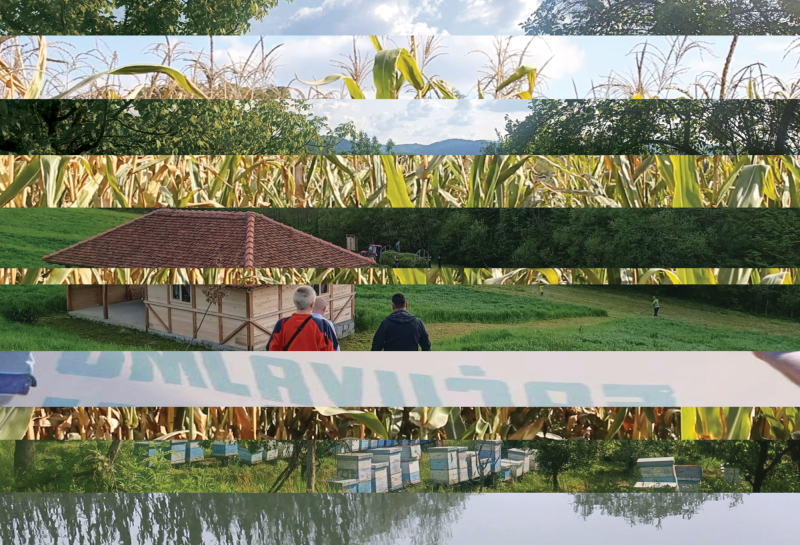
-
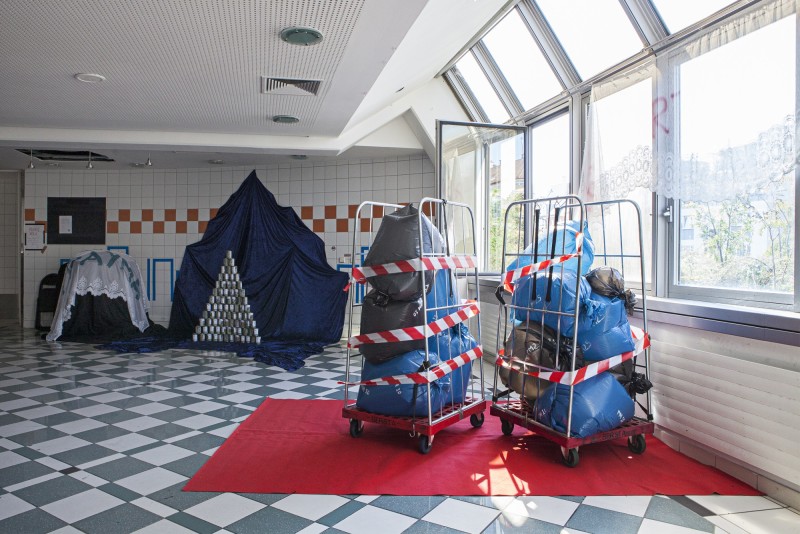
© WIENWOCHE/Olesya Kleymenova -
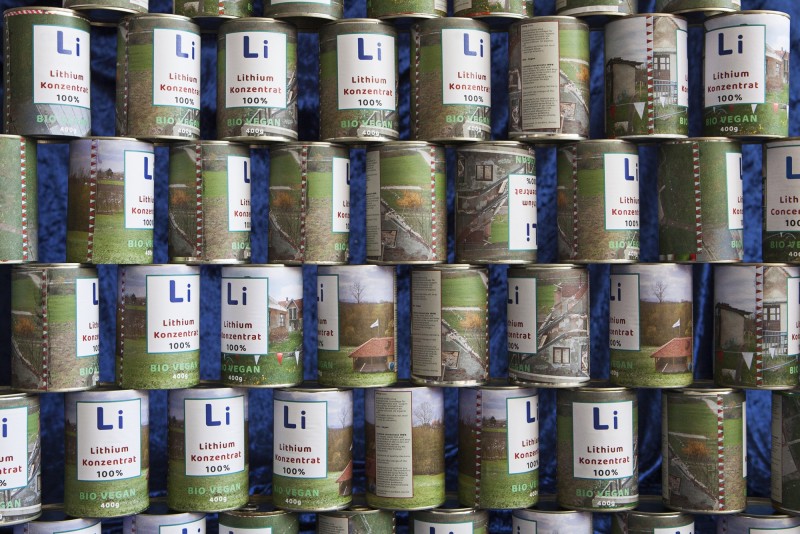
© WIENWOCHE/Olesya Kleymenova -
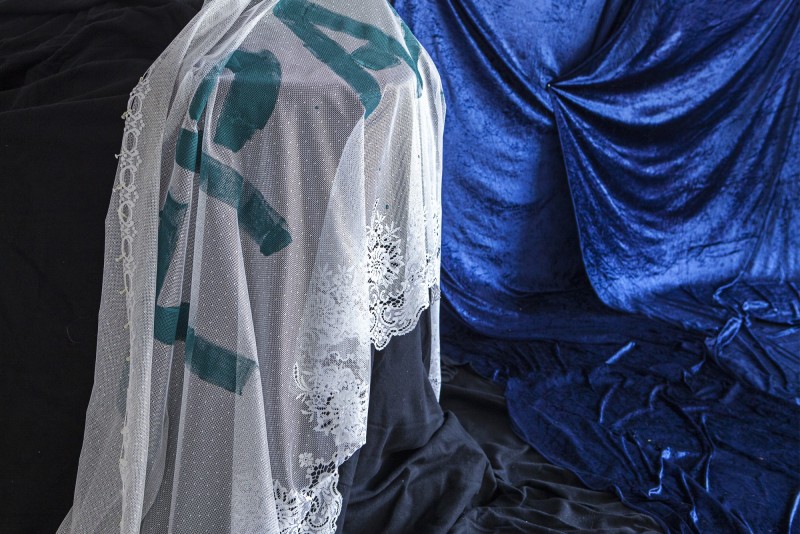
© WIENWOCHE/Olesya Kleymenova -
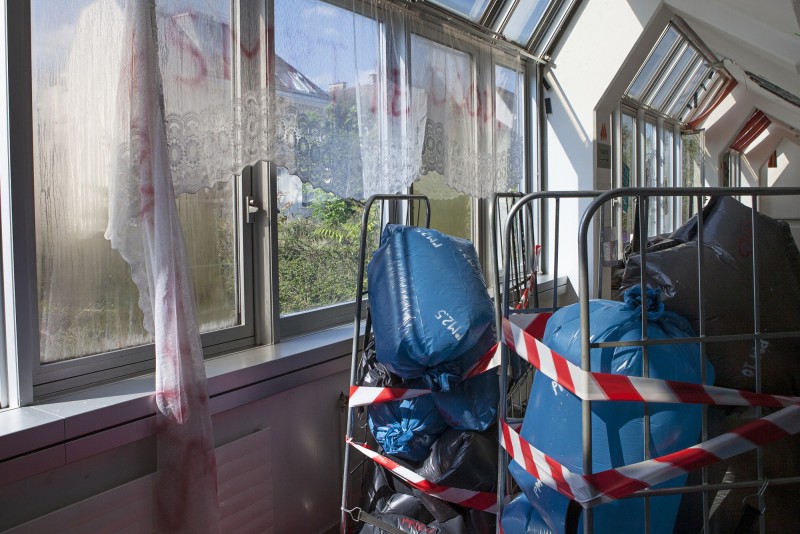
© WIENWOCHE/Olesya Kleymenova -
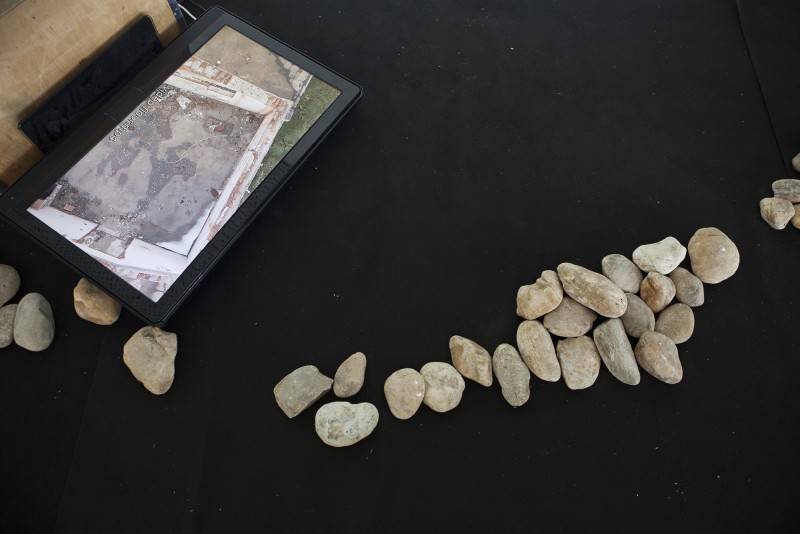
© WIENWOCHE/Olesya Kleymenova -
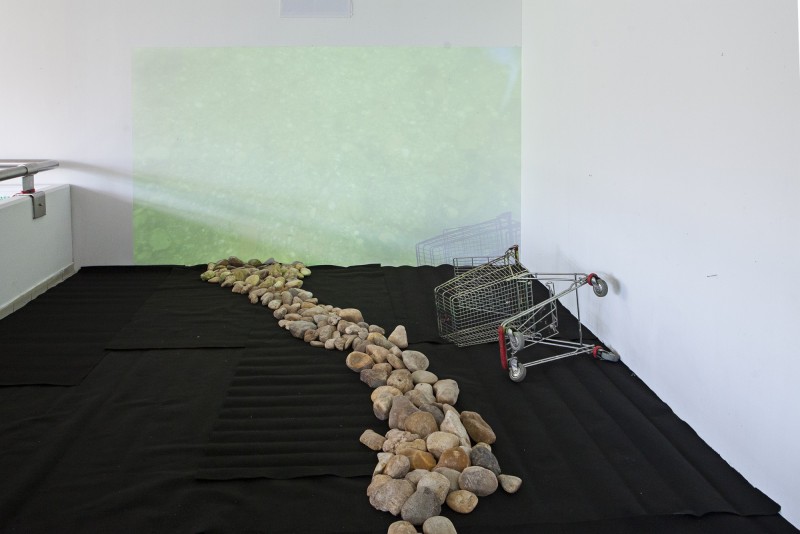
© WIENWOCHE/Olesya Kleymenova -
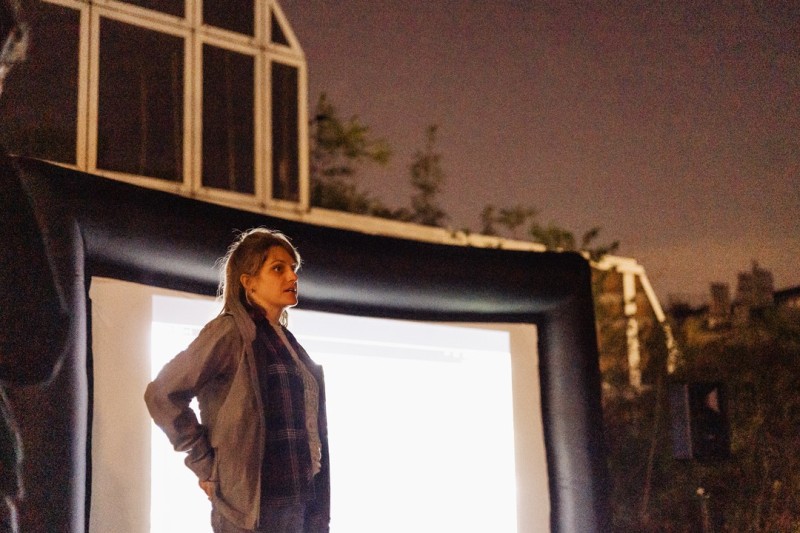
© WIENWOCHE/Mohammad Boshnaf -
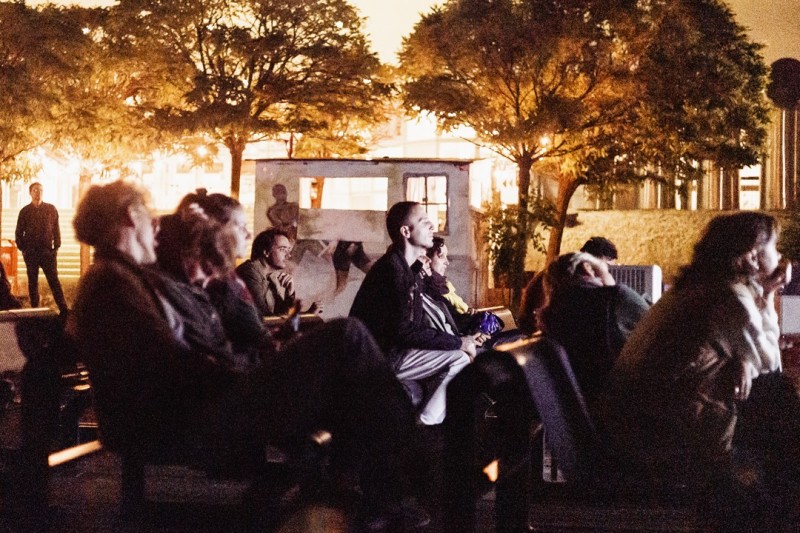
© WIENWOCHE/Mohammad Boshnaf -
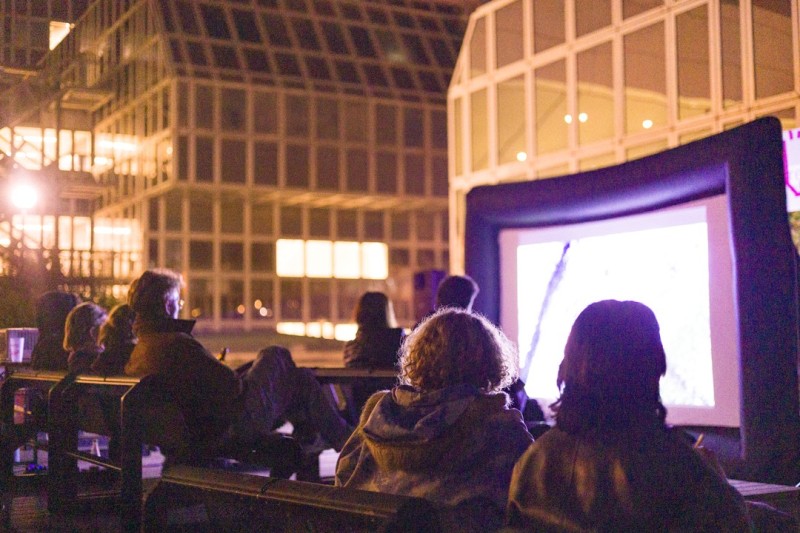
© WIENWOCHE/Mohammad Boshnaf -
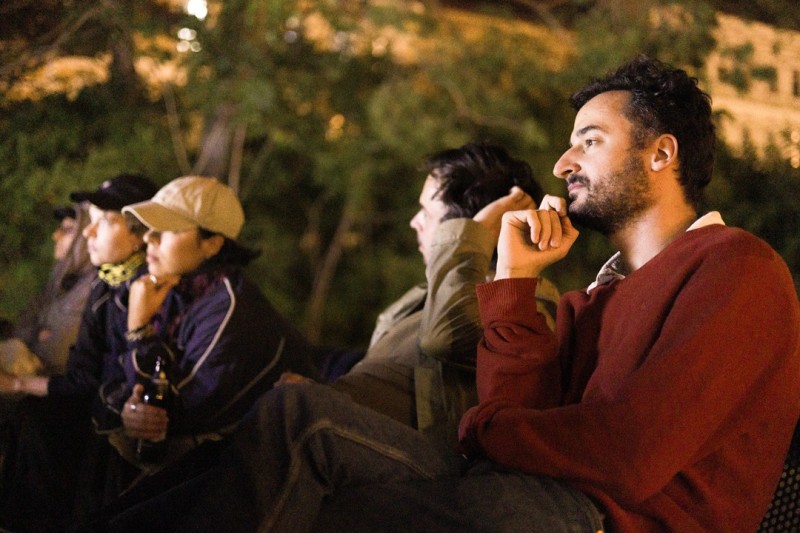
© WIENWOCHE/Mohammad Boshnaf -
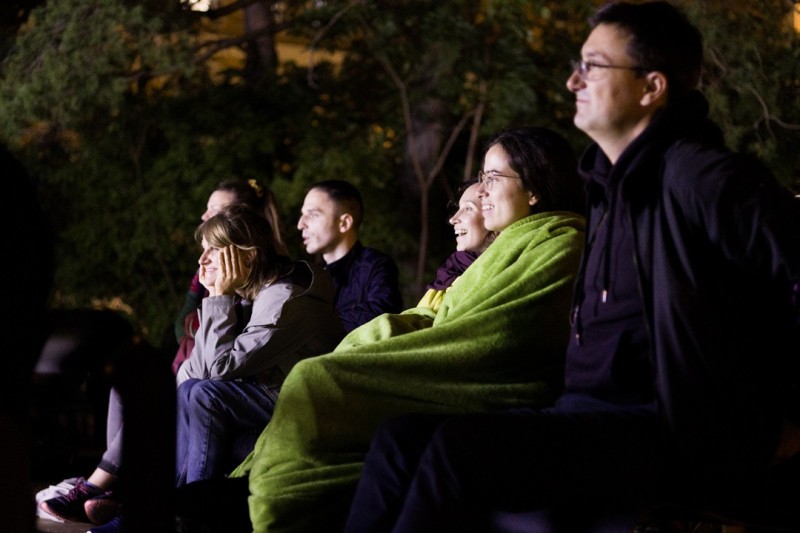
© WIENWOCHE/Mohammad Boshnaf -
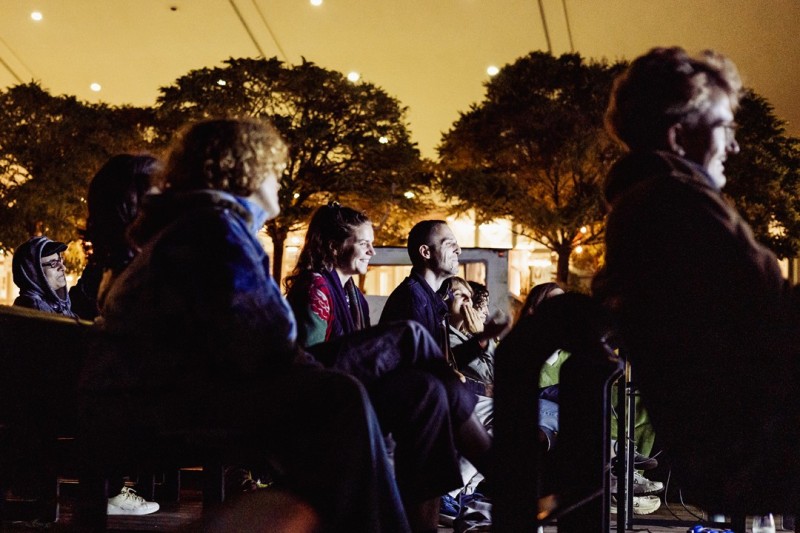
© WIENWOCHE/Mohammad Boshnaf -
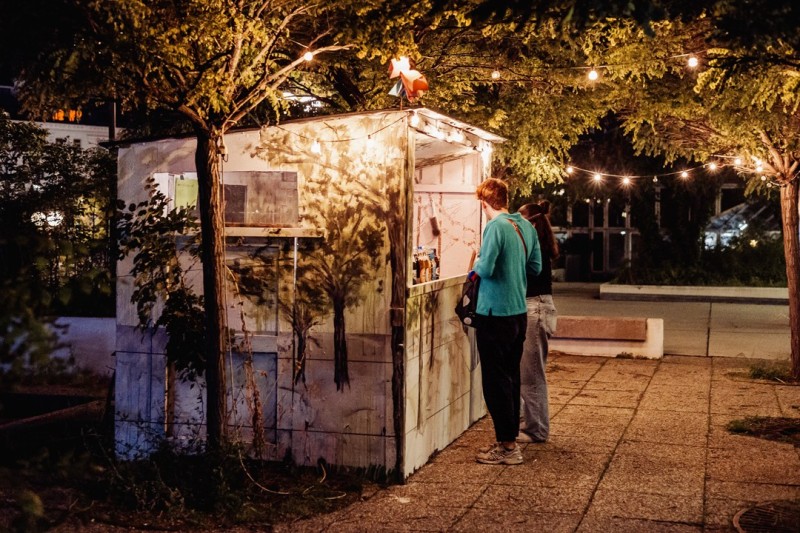
© WIENWOCHE/Mohammad Boshnaf -
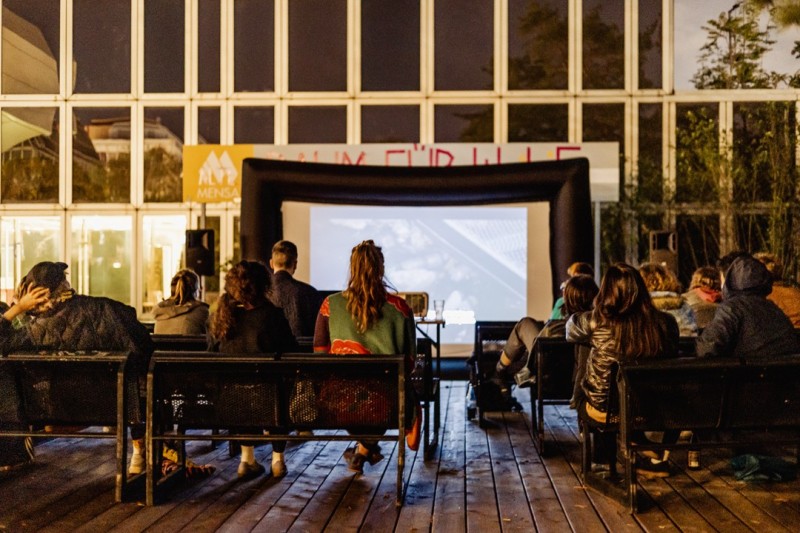
© WIENWOCHE/Mohammad Boshnaf -
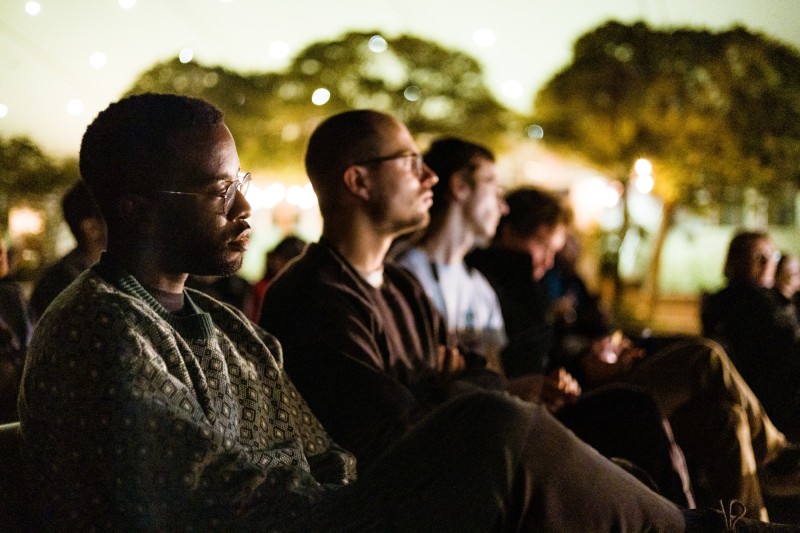
© WIENWOCHE/Mohammad Boshnaf -
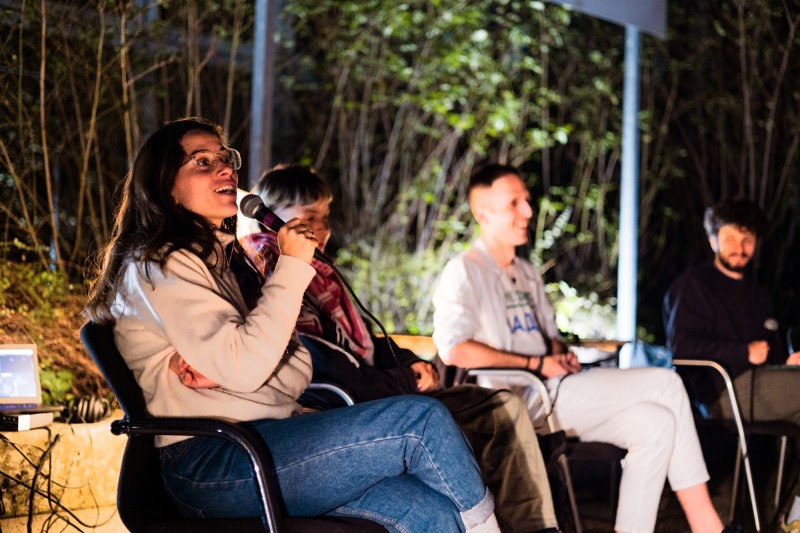
© WIENWOCHE/Mohammad Boshnaf -
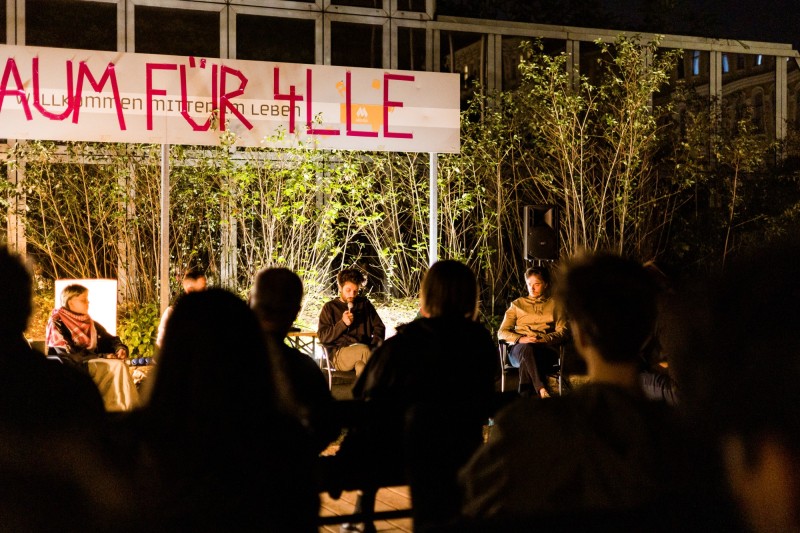
© WIENWOCHE/Mohammad Boshnaf -
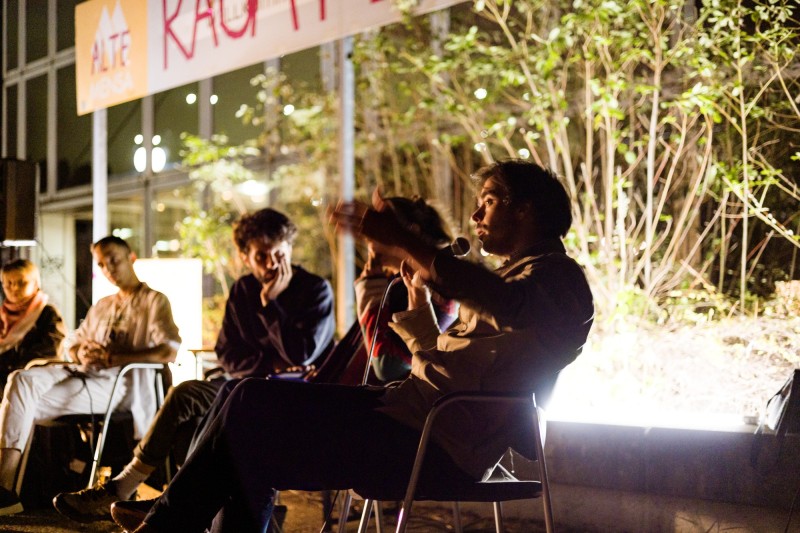
© WIENWOCHE/Mohammad Boshnaf -
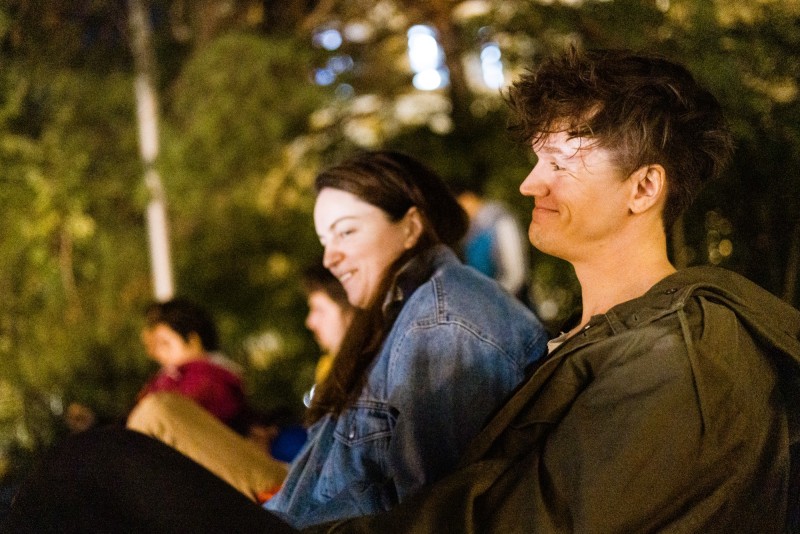
© WIENWOCHE/Mohammad Boshnaf -
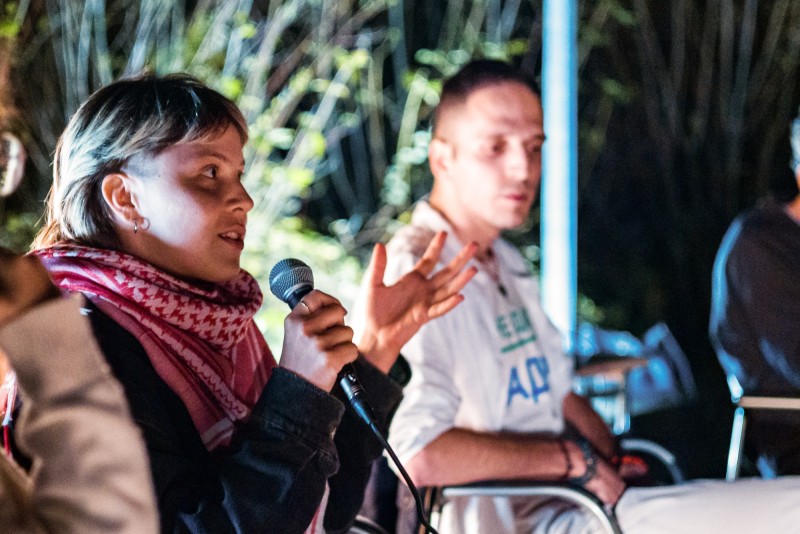
© WIENWOCHE/Mohammad Boshnaf -
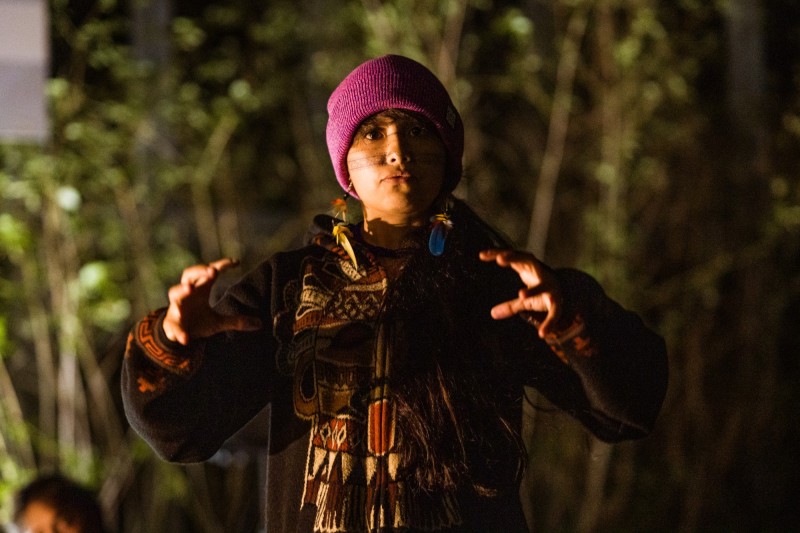
© WIENWOCHE/Mohammad Boshnaf -
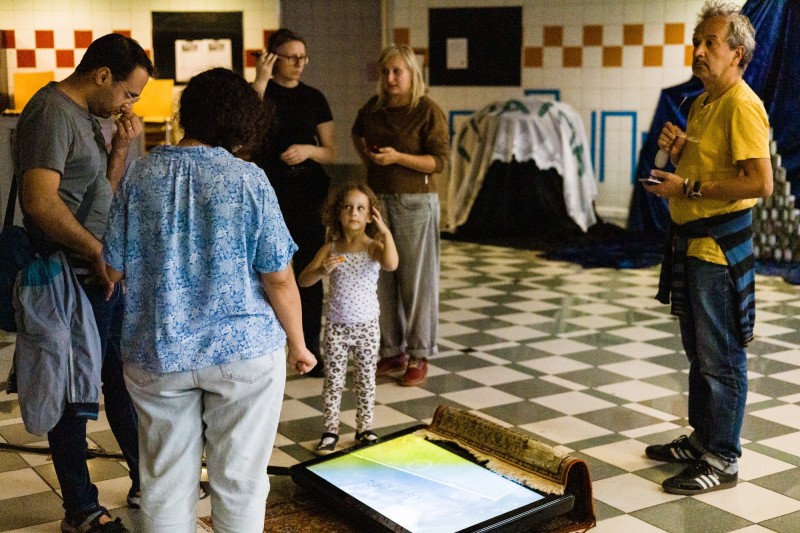
© WIENWOCHE/Mohammad Boshnaf -
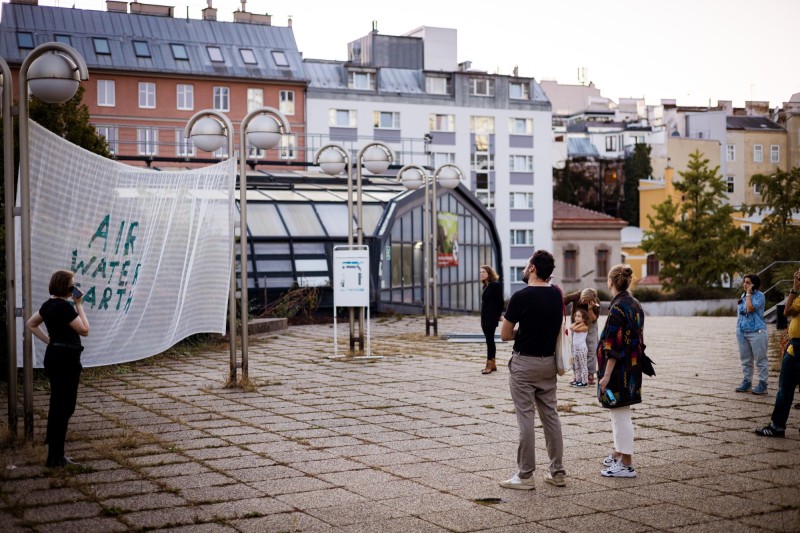
© WIENWOCHE/Mohammad Boshnaf -
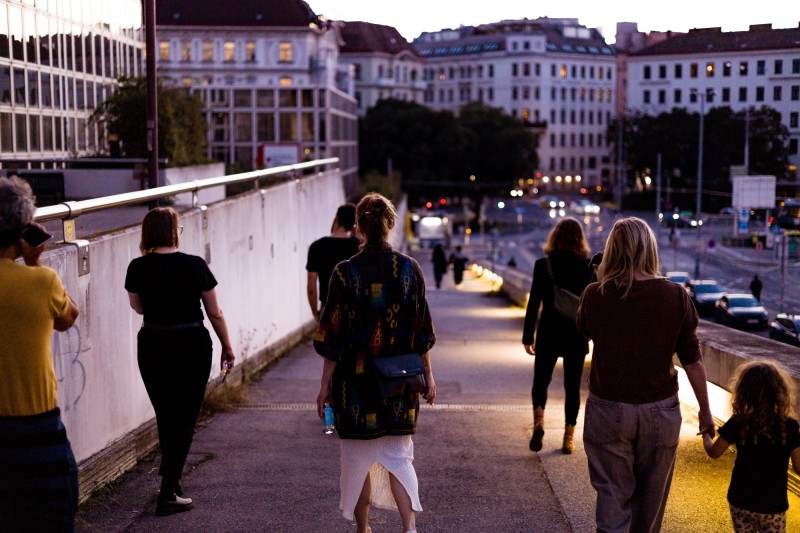
© WIENWOCHE/Mohammad Boshnaf -
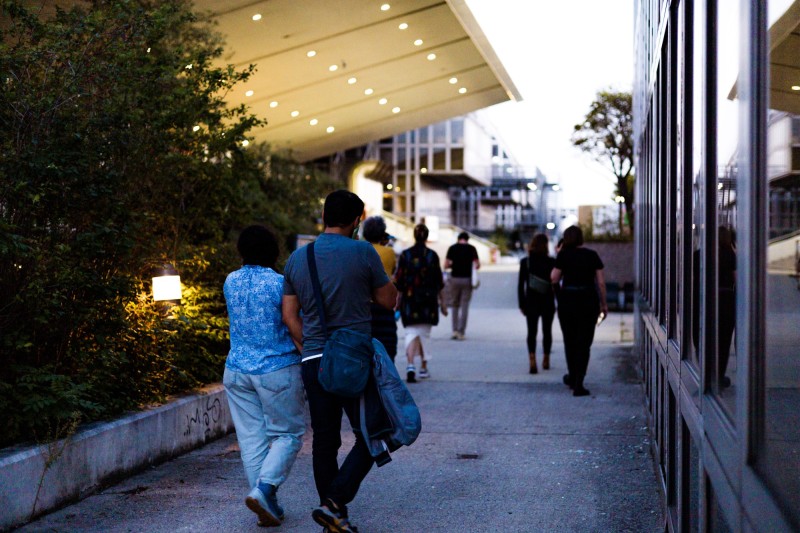
© WIENWOCHE/Mohammad Boshnaf -
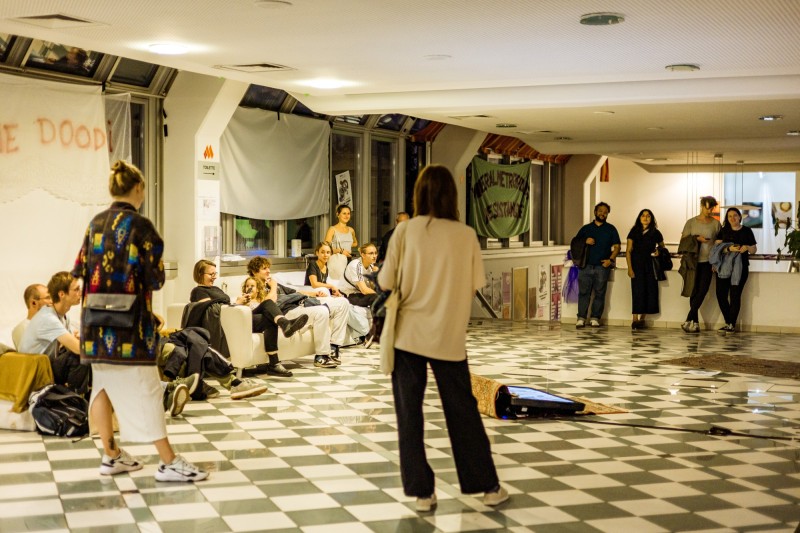
© WIENWOCHE/Mohammad Boshnaf -

© WIENWOCHE/Mohammad Boshnaf -
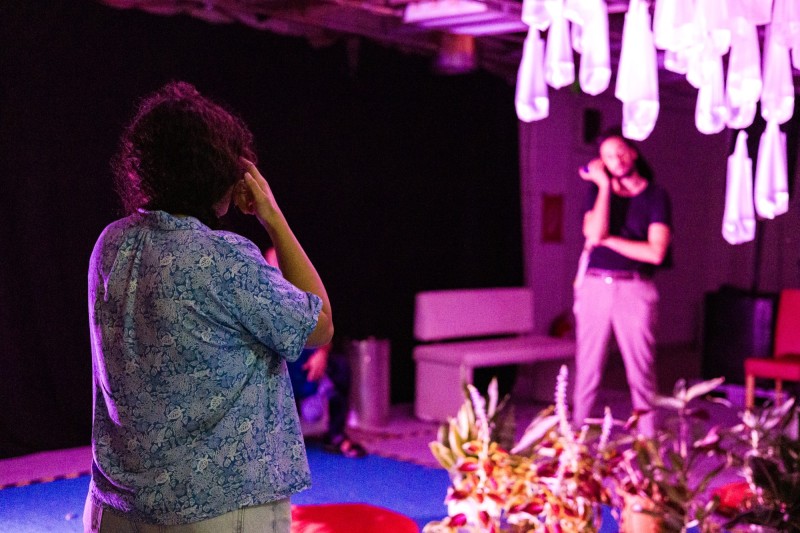
© WIENWOCHE/Olesya Kleymenova -
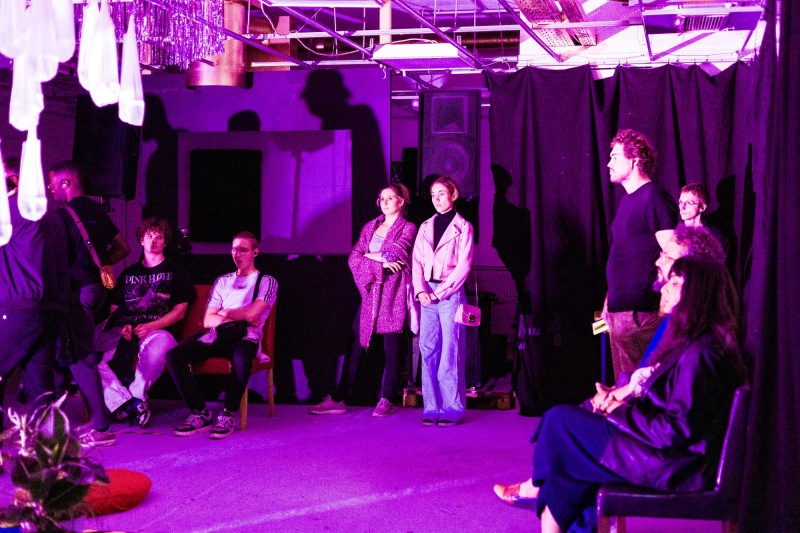
© WIENWOCHE/Olesya Kleymenova
WIENWOCHE
ANTI-EXTRACTION PEOPLE’S SCHOOL
Wie wird das Narrativ des grünen und digitalen Wandels genutzt, um die Ausweitung von Bergbau- und anderen Rohstoff-Projekten auf dem Balkan und anderswo grün zu waschen? Welche Art von Bewegungen bilden und stärken wir, über verschiedene geographische Kontexte hinweg?
Das Projekt der Group on Green Extractivism in the Balkans (GGEB) geht von den Bergbaukämpfen auf dem Balkan im Kontext des EU Critical Raw Materials Acts aus und versucht, aus einer dekolonialen feministischen Perspektive Raum für kollektive Analysen und Aktionen zu schaffen.
Das Projekt bietet eine einzigartige Vernetzungsplattform für Aktivist*innen, Kunst- und Kulturarbeiter*innen im Format eines kollektiven Lernraums. Umweltaktivist*innen treffen hier auf besorgte und engagierte (Nicht-)Bürger*innen, um ihre Kämpfe im EU-Raum aufzuzeigen und nach alternativen Wegen zu suchen. Durch das kollektive Lernen entstehen neue und radikale Formen der Partizipation und der sozialen Reproduktion.
Die Sessions finden in enger Zusammenarbeit mit 4thangrund Kulturzentrum in Form einer „Volkshochschule“ statt, in der auf Praktiken des Lernens in der Tradition von Arbeiter*innen-Kollektiven und -Versammlungen zurückgegriffen wird. Das Programm endet mit einem öffentlichen Manifest.
Credits
Authors and facilitators: Group on Green Extractivism in the Balkans (Nina Djukanović, mirko nikolić, Sofija Stefanović)
Producer & exhibition curator: Marko Markovic / Galerie Utopia / 4lthangrund
Financial department: Smaranda Krings / 4lthangrund
Workshop facilitators: HEKLER kolektiv, Jelena Savić, Jevđenije Julijan Dimitrijević, Justina Špeirokaitė, Majda Ibraković, Paccha Turner Chuji
Workshop facilitator and author of the exhibition: Miloš Vučićević
Zugehörige Veranstaltungen
18.09.
Group on Green Extractivism in the Balkans
EXHIBITION “LANDSCAPES OF NEW UTOPIA”
18.09.
Group on Green Extractivism in the Balkans
ANTI-EXTRACTION PEOPLE’S SCHOOL DAY 0: ONLINE PANEL “INTERSECTIONAL FEMINISMS AGAINST EXTRACTIVISM: LABOUR, AMBIVALENCES AND AGGRAVATION”
Mehr Details
This conversation comprises contributions from different areas exploited for coal or mineral mining, mostly in colonial contexts: South Africa; the Swedish part of Sápmi; the Américas; and Bishkek in Kyrgyzstan. Building on intersectional feminisms, based on groundbreaking works such as Macarena Gómez-Barris’ Extractive Zone, we revisit different mining areas from the perspectives of women*, Indigenous people and workers, impacted by the appropriation of their lands or their work in the mining sector. We will focus on the situations and agencies of local people and seek (and hopefully provide) some footing amidst literally destabilized grounds of mining, aggravations of capitalist extraction, ecological devastation, and ongoing colonization by resisting extractivisms through our feminist approaches. In relation to artistic practices in various formats, we will tackle violent trans-corporealities, as well as emancipatory agencies.
Participants:
»Bermet Borubaeva, public policy analyst, curator, and co-founder of Bishkek School of Contemporary Art, Bishkek in Kyrgyzstan
»Lis-Mari Gurák Hjortfors, activist and ethnologist, Koskullskulle/Malmberget/ Gällivare in the Swedish part of Sàpmi
»Samantha Hargreaves, ecofeminist activist, active in WoMin, South Africa
Moderation/co-organization:
»Karin Reisinger, researcher, architect, and curatorial practitioner, Academy of Fine Arts Vienna
Livestream link: https://youtube.com/live/HvFaFa3DmiM
19.09.
Group on Green Extractivism in the Balkans
ANTI-EXTRACTION PEOPLE’S SCHOOL DAY 1: UNPACKING EXTRACTIVISMS (WORKSHOPS)
19.09.
Group on Green Extractivism in the Balkans
EXHIBITION “LANDSCAPES OF NEW UTOPIA”
19.09.
Group on Green Extractivism in the Balkans
ANTI-EXTRACTION PEOPLE’S SCHOOL / OPEN-AIR CINEMA
20.09.
Group on Green Extractivism in the Balkans
ANTI-EXTRACTION PEOPLE’S SCHOOL DAY 2: COLLECTIVE REFUSALS / “NE DAMO” (CO-WORKING SPACE AND WORKSHOPS)
20.09.
Group on Green Extractivism in the Balkans
EXHIBITION “LANDSCAPES OF NEW UTOPIA”
21.09.
Group on Green Extractivism in the Balkans
ANTI-EXTRACTION PEOPLE’S SCHOOL DAY 3: WEAVING ALTERNATIVES / PRACTICING FUTURES (WORKSHOP AND COLLECTIVE ZINE-MAKING)
21.09.
Group on Green Extractivism in the Balkans
EXHIBITION “LANDSCAPES OF NEW UTOPIA”
21.09.
Group on Green Extractivism in the Balkans
“LANDSCAPES OF NEW UTOPIA” EXHIBITION GUIDED TOUR WITH MILOŠ VUČIČEVIĆ
21.09.
Group on Green Extractivism in the Balkans
PUBLIC ASSEMBLY: GROUNDING ANTI-EXTRACTIVE INTERNATIONALISM
22.09.
Group on Green Extractivism in the Balkans
EXHIBITION “LANDSCAPES OF NEW UTOPIA”
24.09.
Group on Green Extractivism in the Balkans
EXHIBITION “LANDSCAPES OF NEW UTOPIA”
25.09.
Group on Green Extractivism in the Balkans
EXHIBITION “LANDSCAPES OF NEW UTOPIA”
26.09.
Group on Green Extractivism in the Balkans
EXHIBITION “LANDSCAPES OF NEW UTOPIA”
27.09.
Group on Green Extractivism in the Balkans
EXHIBITION “LANDSCAPES OF NEW UTOPIA”
28.09.
Group on Green Extractivism in the Balkans
EXHIBITION “LANDSCAPES OF NEW UTOPIA”
29.09.
Group on Green Extractivism in the Balkans
EXHIBITION “LANDSCAPES OF NEW UTOPIA”
01.10.
Group on Green Extractivism in the Balkans
EXHIBITION “LANDSCAPES OF NEW UTOPIA”
02.10.
Group on Green Extractivism in the Balkans
EXHIBITION “LANDSCAPES OF NEW UTOPIA”
03.10.
Group on Green Extractivism in the Balkans
EXHIBITION “LANDSCAPES OF NEW UTOPIA”
04.10.
Group on Green Extractivism in the Balkans
